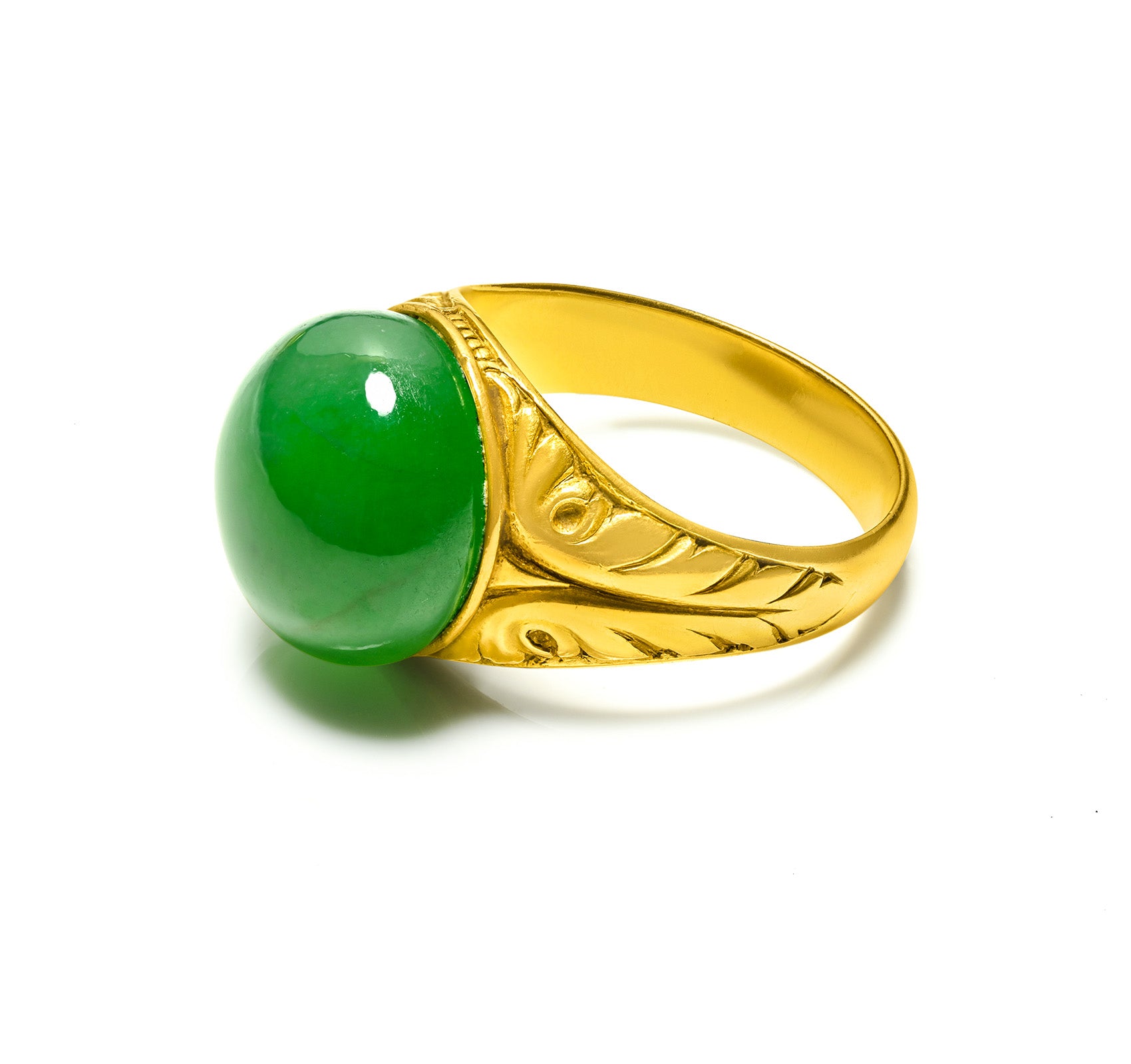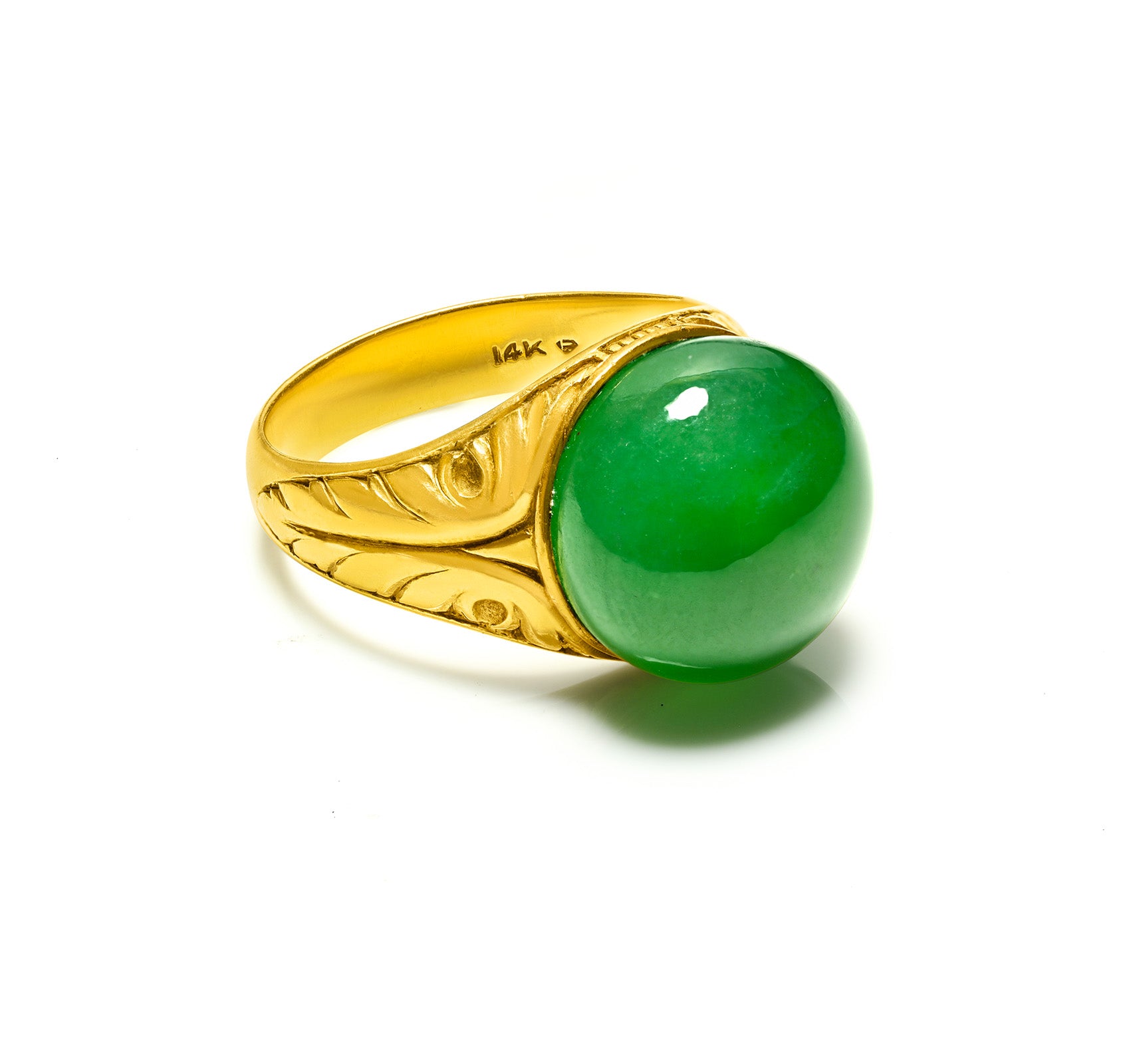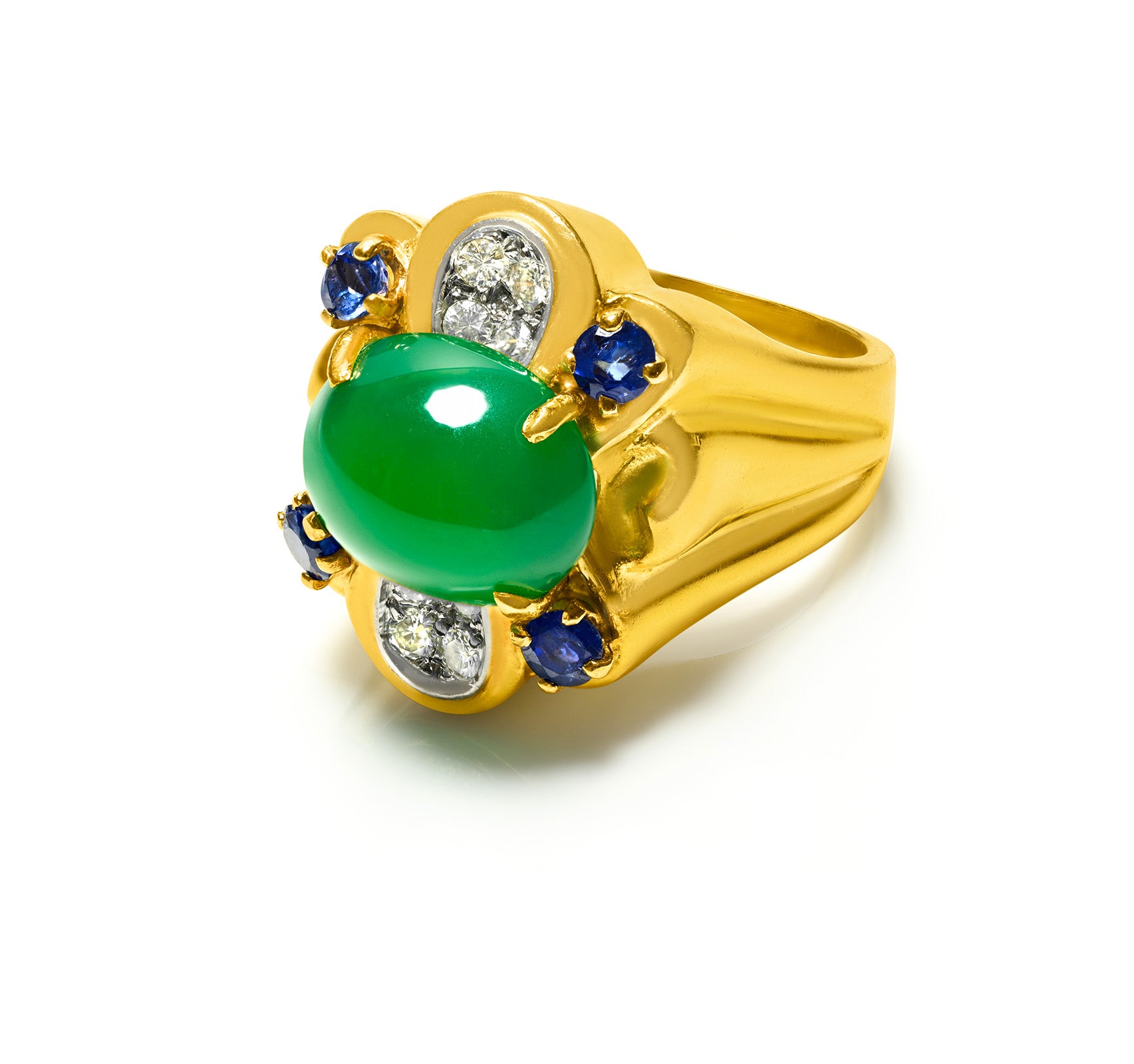
Wisdom Stories from Ancient China: The Prince And The Cold Winter
The following story took place in the state of Qi, about 2,500 years ago. It was a cold winter and it had snowed for three days and three nights without interruption.
From inside his cozy palace, dressed in a fox fur coat, Prince Jing of the State of Qi was enjoying the snow. Fascinated by the beautiful scenery, he wished it would snow for at least a few more days.
Yan Ying, his advisor, entered the room where the prince was staying. He looked at him and then at the window through which snowflakes were falling.
Prince Jing said delightedly, "It has been snowing for three days and nights, but I don't feel the cold at all. It's like spring!"
Seeing the prince wrapped in his fox fur, Yan Ying purposely asked him, "Are you sure it's not cold outside?".
Prince Jing nodded.
Ancient Wisdom
Seeing that the prince didn't understand why he was asked that question, Yan Ying then told him bluntly, "I have heard about the wise kings of ancient times, that when they ate they were concerned about those who were hungry, when they wore warm clothes they thought of those who were cold, and when they led a comfortable life, their thought was always how to help those who were suffering. Why don't you think of others?".
Prince Jing remained silent, embarrassed, realizing that he was wrong.
Being compassionate towards others and devoting your own concerns to others is a virtue that has always been promoted in traditional Chinese culture.
Traditional Chinese Culture
The Chinese are one of the wisest nations, with an extremely rich traditional culture and 5,000 years of civilization.The traditional Chinese culture has sought harmony between man and the universe and has emphasized the ethics and morality of the individual. It was based on the beliefs of the spiritual cultivation practices of Confucianism, Buddhism, and Taoism, and gave the Chinese people tolerance and social progress, constituting the protection of human morality and righteous faith.
Unlike the system of laws, which prescribes harsh rules, traditional culture acts as a gentle constraint. The law forces punishment after committing the crime, while traditional culture, by feeding morality, emphasizes prevention of committing crimes. The morality of a society is often embodied in its culture.
In Chinese history, traditional culture reached its peak during the prosperous Tang dynasty, which coincided with the peak of the power of the Chinese nation. Science was also advanced, and China enjoyed a special reputation among other nations. Scholars from Europe, the Middle East, and Japan came to study in Chang'an, the capital of the Tang Dynasty.
Unfortunately, since seizing power in 1949, the Chinese Communist Party has used the nation's resources to destroy China's rich traditional culture. The main reason is the CCP's innate ideological opposition to traditional Chinese culture. The Marxist doctrine, which promotes violence and struggle, is of course in direct opposition with the traditional moral values of humankind.
So the CCP's destruction of Chinese culture was planned, well-organized, and systematic, supported by the use of state violence. Since its founding, the CCP has never stopped trying to "revolutionize" Chinese culture in an effort to completely destroy its spirit.


















